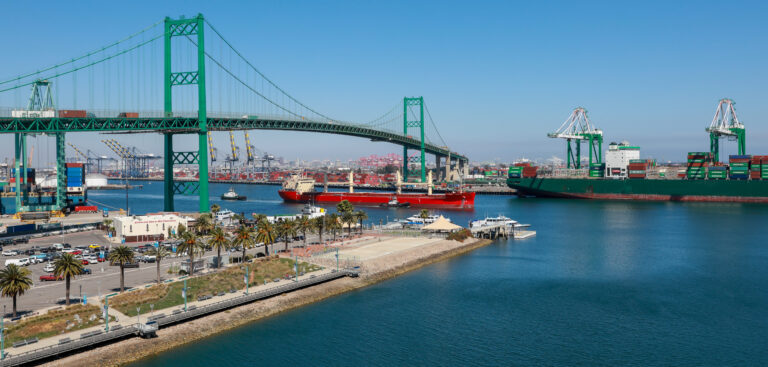Next-generation rechargeable battery developer Alsym Energy has partnered with Synergy Marine – in collaboration with Nissen Kaiun in Japan – for the joint development of maritime batteries using Alsym’s high-performance, low-cost technology.
Under the partnership agreement, Alsym will provide Synergy and Nissen Kaiun with 1GW of batteries annually for three years. The supply will begin in Alsym’s first year of high-volume battery production, on the condition that the systems meet the key performance levels and regulatory requirements for cargo ships and tankers.
Alsym will utilize low-cost and inherently non-flammable raw materials with strong global supply chains to ensure the batteries can be produced and delivered at a lower cost than lithium-based technologies. Furthermore, the new battery technology can reduce risks to crew and cargo and cut insurance costs.
Pilot manufacturing of the company’s non-flammable batteries for ships will begin later in 2022 at Alsym’s facility in Massachusetts, with high-volume production scheduled to begin in 2025.
“Zero-emission vessels are the future of maritime shipping, and we’re working with like-minded owners, including Nissen Kaiun, to decarbonize every part of the ecosystem as quickly as possible,” commented Captain Rajesh Unni, founder and CEO of Synergy Marine Group. “By lowering the cost of electrification and minimizing the risk of battery-related fire events, Alsym’s technology is well placed to be a safer alternative that can help the shipping industry meet its goal of zero net emissions by 2050 – especially in light of the European Commission’s recent proposal to classify lithium as toxic.”
“Synergy Marine is on the cutting edge of technology in the maritime sector, and we’re honored to be part of their journey to work with owners in their transition away from fossil fuels,” said Mukesh Chatter, president and CEO of Alsym Energy. “By manufacturing batteries from low-cost, readily available materials that are inherently non-flammable and non-toxic, we’re providing an economically viable way to help them decarbonize while also lowering operating expenditures and insurance costs associated with lithium- and cobalt-based battery technologies.”



